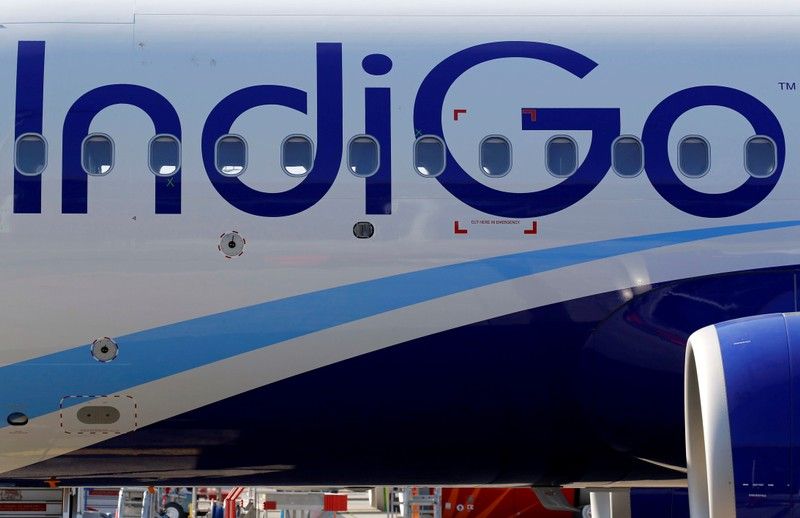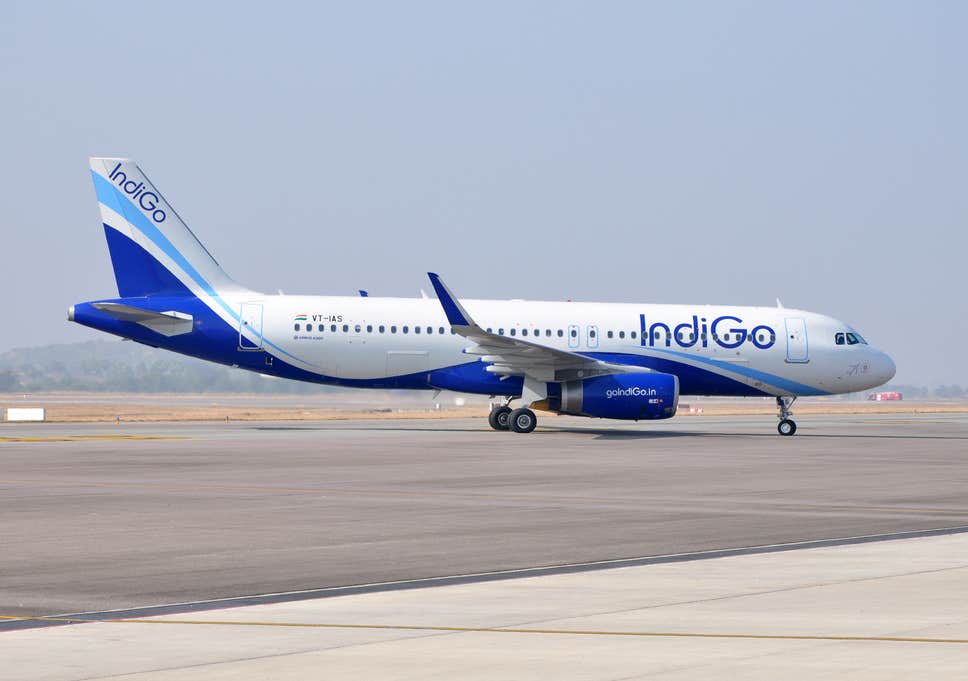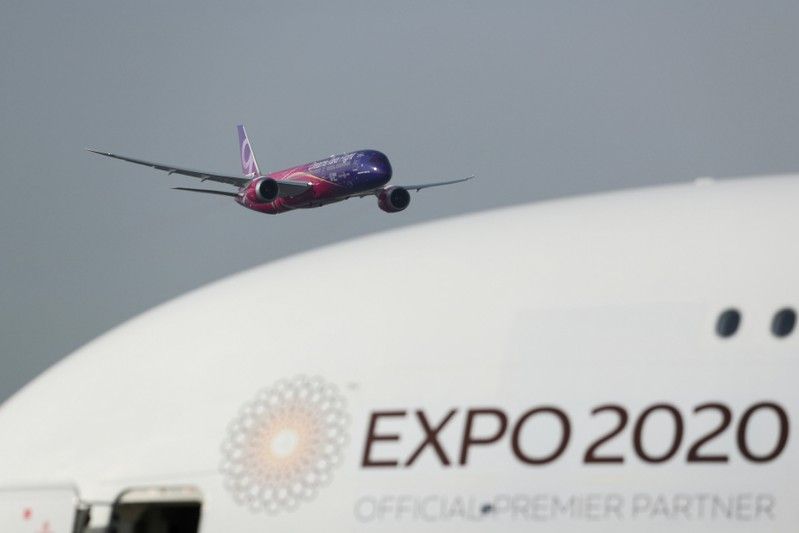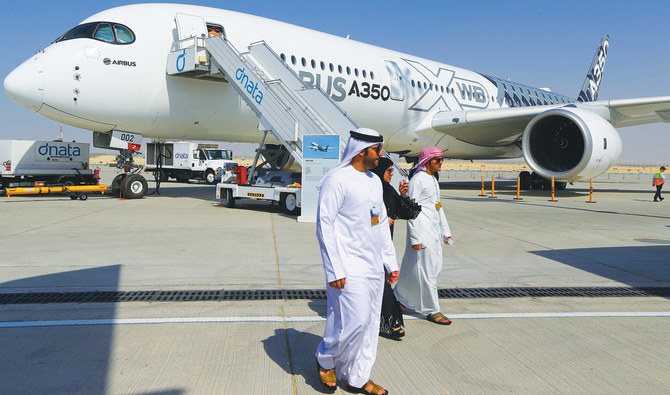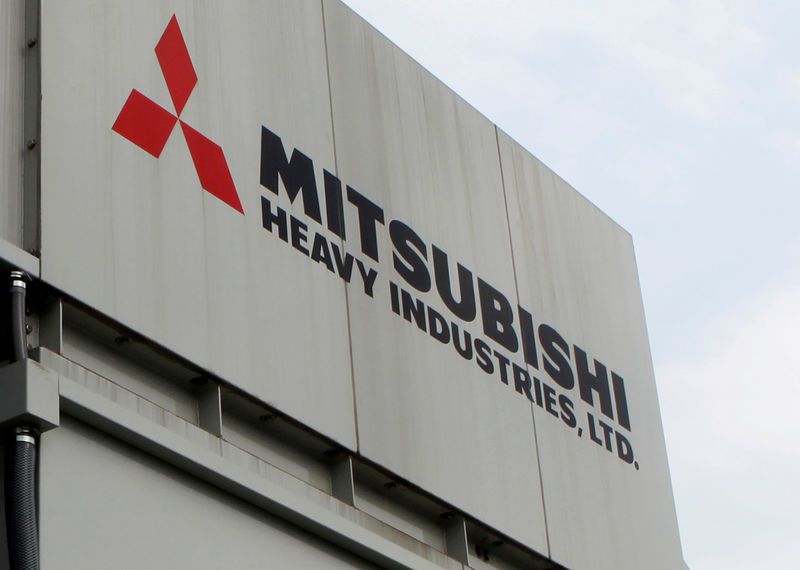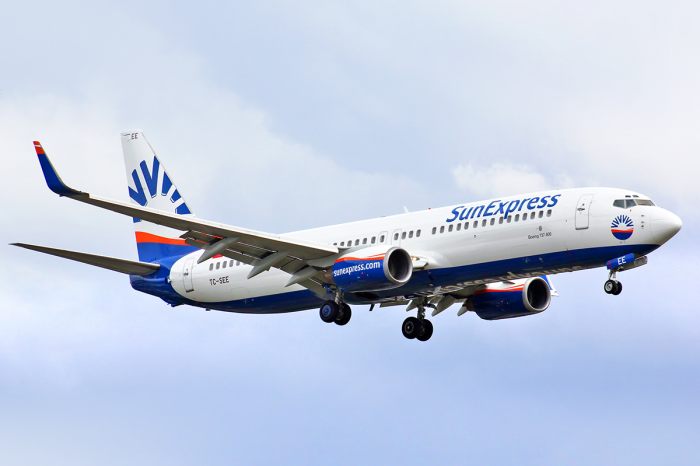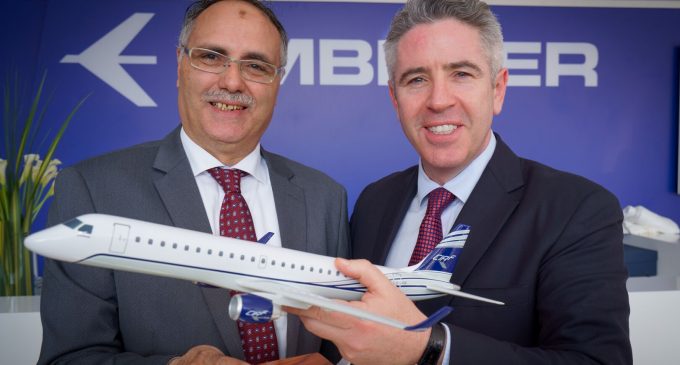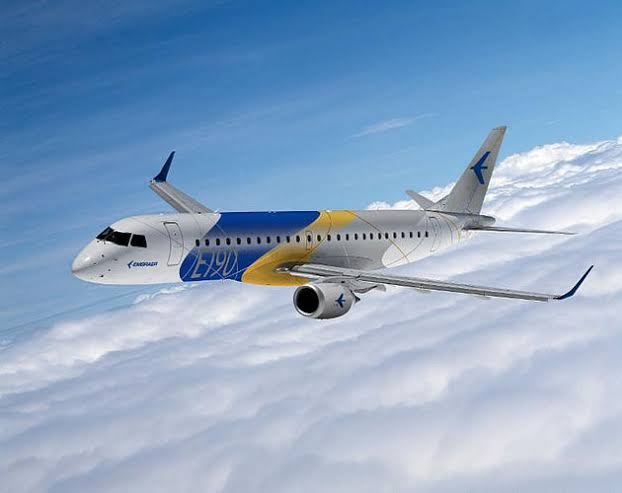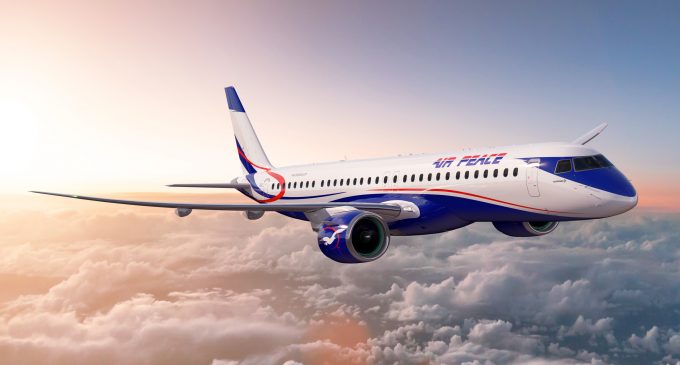- Ultra-modern and high-tech manufacturing facility will be located at Toronto Pearson International Airport
- Slated for completion in 2023, the one-million square-foot facility will be home to the most advanced aircraft manufacturing processes in the world
- Strengthened commitment to Ontario’s aerospace industry, securing job growth and supporting economic development in the region for years to come
TORONTO, Dec. 04, 2019 (GLOBE NEWSWIRE) — Bombardier is pleased to announce that it has signed a long-term lease agreement with the Greater Toronto Airports Authority (GTAA) to build its new state-of-the art Global Manufacturing Centre located at Toronto Pearson International Airport. With preliminary site work underway in Mississauga and first production activities set to begin in 2023, the cutting-edge facility will optimize final assembly operations for all Global business jets, including the industry flagship Global 7500 business jet.
The Global Manufacturing Centre at Toronto Pearson International Airport, approximately 20 km from the current Global aircraft final assembly site at Downsview, will reinforce Canada’s leading position in the business aviation market.
“Today, I’m very excited to announce the relocation of our Global aircraft family production activities to a new, cutting-edge manufacturing facility at Toronto Pearson. This is a strategic move for Bombardier and a strong commitment to Ontario’s aerospace industry. It will allow us to offer world-class career opportunities and continue fueling the economic development of the region for years to come,” said Alain Bellemare, President and Chief Executive Officer, Bombardier Inc.
The one-million square-foot facility will combine thousands of highly-skilled employees with 21st century production and tooling innovation. Bombardier employs the highest caliber technology throughout the manufacturing process of the Global 7500 business jets, including a state-of-the-art automated positioning system that uses laser-guided measuring to ensure major aircraft structures, such as the wing and fuselage, are joined consistently and perfectly each time. Combining human ingenuity with the most advanced machines, the Global 7500final assembly line in Toronto is a testament to the industry’s most advanced business jet.
This strengthened commitment to the Greater Toronto Area will also leverage significant recent R&D investments and a continued collaboration with Ontario’s colleges and universities for world class training, research and development.
Bombardier also confirmed it will continue to support the aerospace heritage of the Downsview site with a multi-million-dollar contribution to the Downsview Aerospace Innovation and Research Consortium (DAIR) to develop a visionary aerospace hub for academic research and training activities. The contribution includes $2.5 million CAD in capital funding to refurbish the historic Moth Building, where wartime Mosquito fighter bombers and Tiger Moth trainers were produced.



